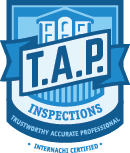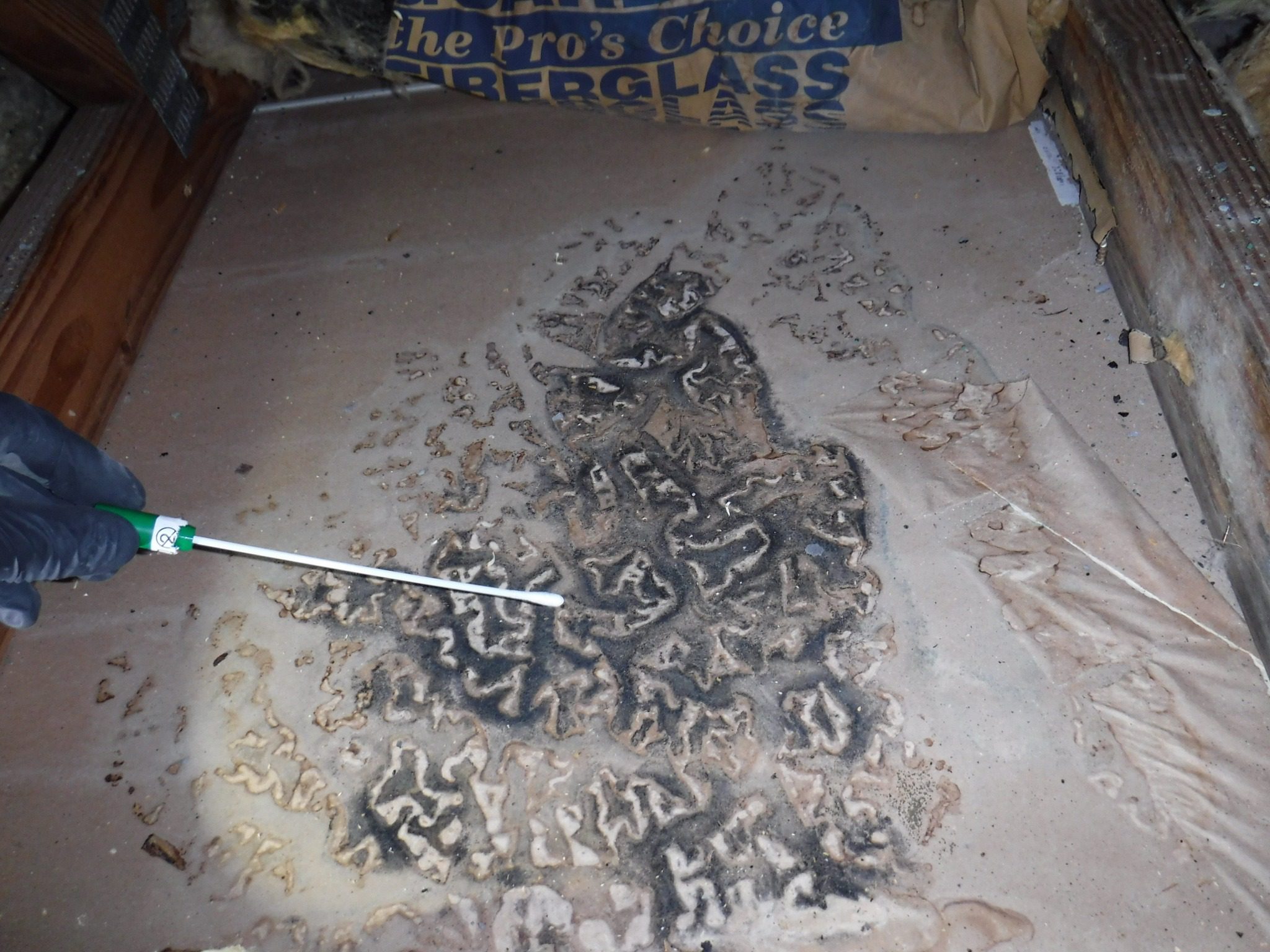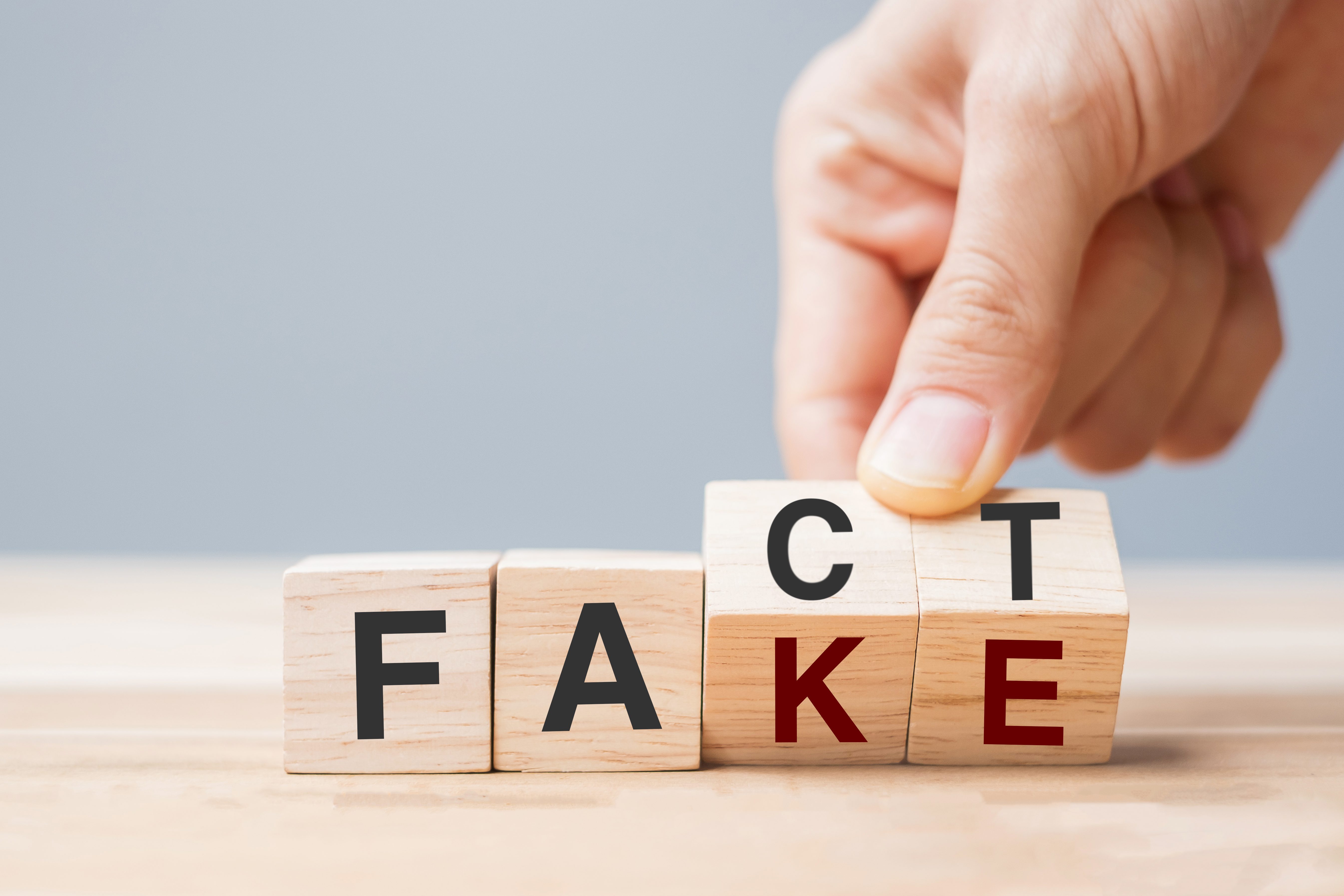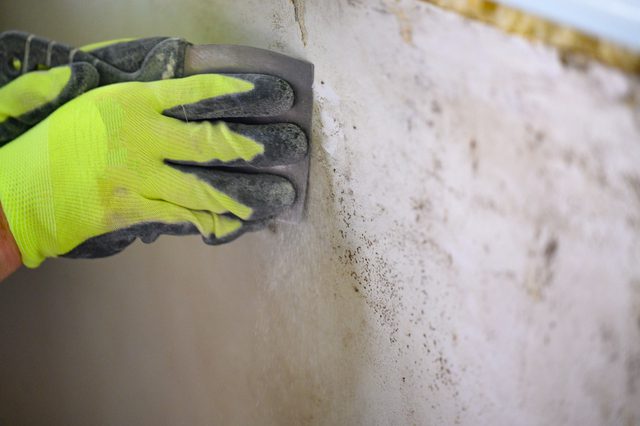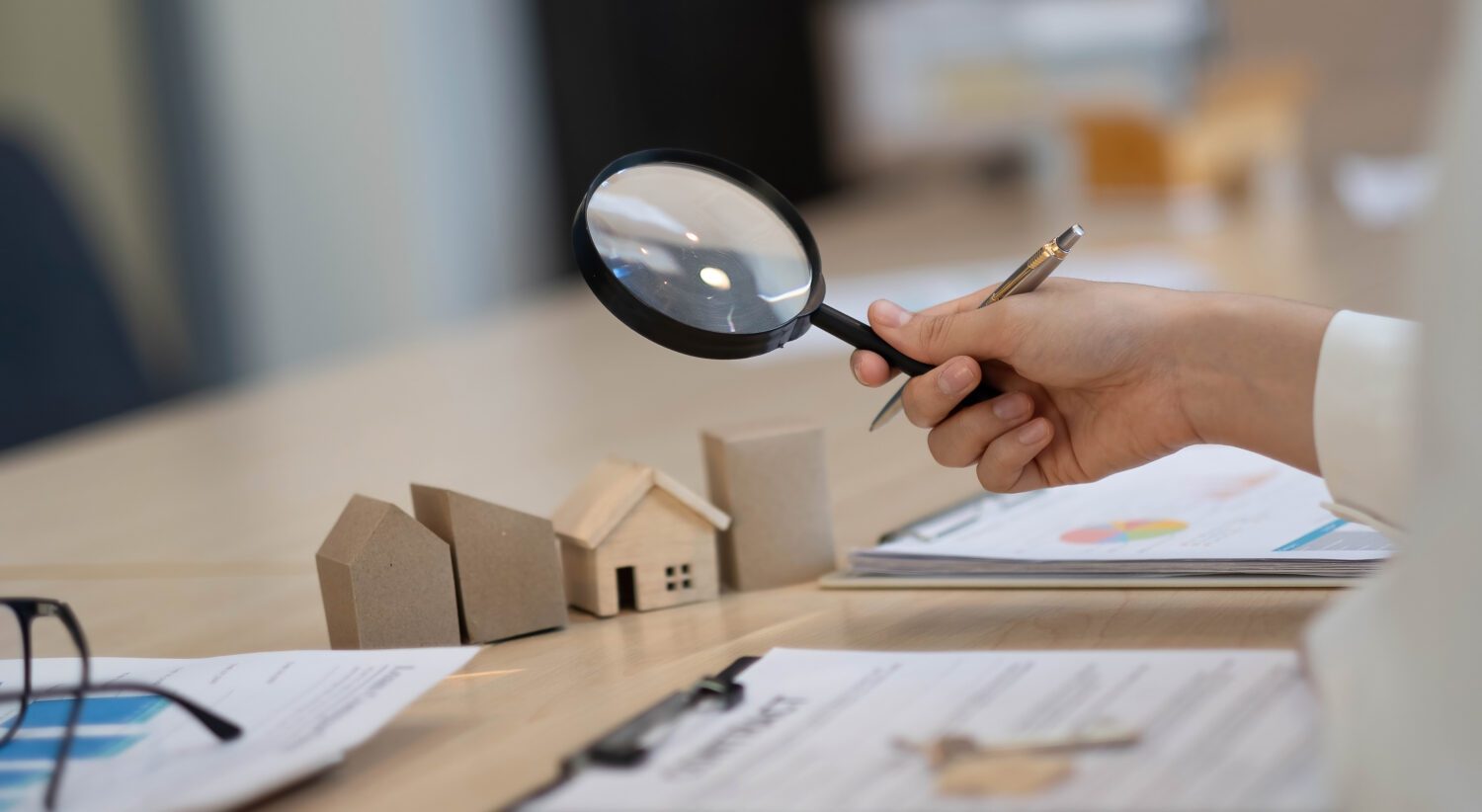Buying a home is one of the most significant investments you’ll make in your lifetime, and ensuring that investment is sound is crucial. A critical component of this process is understanding home inspection costs. In this comprehensive guide, we will explore what home inspections entail, why they are essential, and how to manage the costs associated with them effectively.
What is a Home Inspection?
A home inspection is a thorough examination of a property’s condition, conducted by a professional inspector. This inspection covers various components of the home, including the roof, plumbing, electrical systems, HVAC systems, and foundation. The purpose of the inspection is to identify any potential issues or needed repairs before you finalize your purchase. Understanding home inspection costs helps you budget appropriately for this essential step.
Why are Home Inspections Important?
- Identifying Potential Issues: One of the primary reasons for a home inspection is to uncover hidden problems. These issues could range from minor repairs to major structural concerns. Knowing the potential problems helps you avoid costly surprises after you’ve moved in. Evaluating home inspection costs ensures you’re prepared for this critical assessment.
- Negotiation Leverage: If the inspection reveals issues, you have the opportunity to negotiate with the seller for necessary repairs or a price reduction. This leverage can lead to significant savings and ensures you are not inheriting hidden problems. Being aware of home inspection costs can also help in your negotiation process.
- Safety Concerns: A home inspection helps ensure that the property meets safety standards. This includes checking for health and safety risks like mold, radon, or faulty wiring. Understanding home inspection costs helps you ensure that all safety aspects are thoroughly evaluated.
- Investment Protection: The detailed report provided by the inspector is crucial for protecting your investment. It gives you a clear picture of the property’s condition, allowing you to make an informed decision about purchasing the home. Factor in home inspection costs as part of your investment strategy.
Factors Influencing Home Inspection Costs
Several factors can affect home inspection costs:
- Size of the Property: The larger the home, the more it will typically cost to inspect. This is because there is more square footage and additional systems to evaluate. For instance, inspecting a 3,000-square-foot home will generally cost more than inspecting a 1,500-square-foot home. Home inspection costs should be adjusted according to the size of the property.
- Location: Home inspection costs can vary significantly based on geographic location. Inspections in urban areas or regions with a high cost of living are usually more expensive than those in rural areas. Understanding regional variations in home inspection costs can help you budget more effectively.
- Age of the Home: Older homes often require more detailed inspections due to potential wear and tear and outdated systems. Inspectors may need to spend more time assessing these properties, which can increase costs. Keep this in mind when estimating home inspection costs for older properties.
- Type of Inspection: Basic home inspections cover the essential systems and structure of the home. However, specialized inspections, such as those for pests, radon, or mold, can add to the overall cost. If you’re buying a home with a pool or septic system, these elements may require separate inspections, affecting the total home inspection cost.
- Inspector’s Experience: More experienced home inspectors may charge higher fees. However, their expertise can provide a more thorough and accurate evaluation, potentially saving you money in the long run. Consider the balance between experience and home inspection costs when choosing an inspector.
Average Home Inspection Costs
Understanding average home inspection costs can help you plan your budget:
- Basic Inspection: On average, a standard home inspection costs between $300 and $500. This price range typically includes a comprehensive evaluation of the home’s major systems and components.
- Additional Inspections: Specialized inspections, such as those for pests or radon, usually cost between $100 and $200 each. If additional tests are recommended, be prepared for these extra expenses. Adding these to your home inspection costs can give you a clearer picture of the total expenditure.
- Septic and Well Inspections: If the property includes a septic system or well, these inspections may cost between $200 and $400 each. These systems require specialized knowledge and equipment, impacting the cost. Factor these inspections into your overall home inspection cost if applicable.
- Pool Inspections: For homes with pools, a separate pool inspection typically costs between $100 and $200. This inspection focuses on the pool’s equipment, structure, and safety features. Including this in your home inspection costs can ensure a thorough assessment of all aspects of the property.
How to Save on Home Inspection Costs
While home inspection costs are a necessary part of the home-buying process, there are ways to manage and potentially reduce these expenses:
- Shop Around: Obtain quotes from several home inspectors before making a decision. This allows you to compare prices and find a competitive rate for your inspection. Understanding the range of home inspection costs in your area can help you make a more informed choice.
- Bundle Services: Some inspectors offer bundled services, combining a standard home inspection with additional tests, such as for pests or radon, at a discounted rate. Inquire about these packages to save on extra costs. Bundling services can help manage home inspection costs more effectively.
- Negotiate: Don’t hesitate to negotiate the price with the inspector. Some inspectors may be willing to offer discounts, especially if you are scheduling multiple inspections or have been referred by a real estate agent. Negotiating can help reduce overall home inspection costs.
- Plan Ahead: Schedule your inspection early in the home-buying process. Waiting until the last minute may limit your options and force you to accept higher prices or less experienced inspectors. Planning ahead can help manage home inspection costs more effectively.
- Check for Recommendations: Ask your real estate agent for recommendations. Agents often have a list of reputable inspectors they have worked with in the past. This can help you find a reliable inspector at a reasonable cost, potentially saving on home inspection costs.
The Home Inspection Process
Understanding the home inspection process can help you make the most of your inspection:
- Schedule the Inspection: After making an offer on a home, schedule the inspection as soon as possible. This allows time for the inspector to conduct a thorough evaluation and for you to review the findings. Budget for home inspection costs early in the process to avoid delays.
- Attend the Inspection: If possible, attend the inspection. This gives you the chance to ask the inspector questions, observe potential issues firsthand, and understand the property’s condition better. Attending the inspection can provide valuable insights into the home inspection costs and the property’s condition.
- Review the Report: After the inspection, the inspector will provide a detailed report. Review this report carefully and discuss any concerns with your real estate agent. Understanding the findings in relation to home inspection costs is crucial for making informed decisions.
- Make Decisions: Based on the inspection report, decide how to proceed with the purchase. You may need to negotiate with the seller for repairs or a price adjustment, or in some cases, reconsider your offer if significant issues are discovered. Factor in home inspection costs as you make these decisions.
- Follow Up: If repairs or additional inspections are needed, follow up with the seller or schedule further inspections as required. Ensuring all issues are addressed before finalizing the purchase is important for protecting your investment and managing home inspection costs effectively.
Conclusion
Home inspection costs are an essential consideration in the home-buying process. Although they represent an additional expense, the benefits of a thorough inspection far outweigh the cost. By understanding what to expect, how to manage these costs, and the inspection process itself, you can make informed decisions and protect your investment. Remember, investing in a home inspection is a proactive step toward ensuring your new home is safe, sound, and a wise investment.
Budgeting for home inspection costs and thoroughly reviewing the inspection findings will better equip you to make a confident and informed purchase. A well-conducted home inspection not only helps you avoid costly surprises but also ensures that your new home meets your expectations and investment goals.
